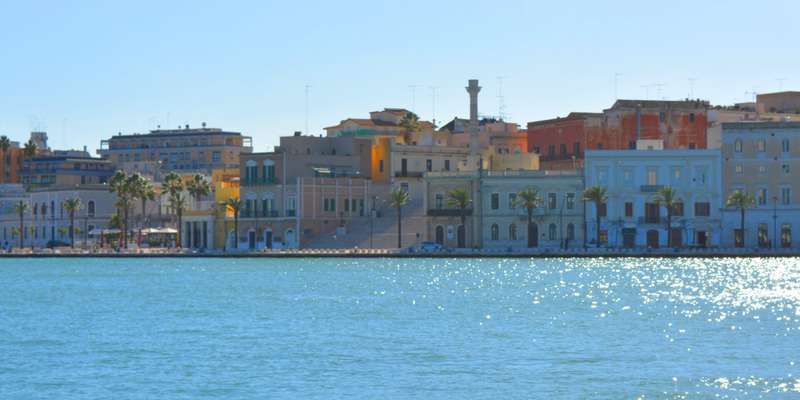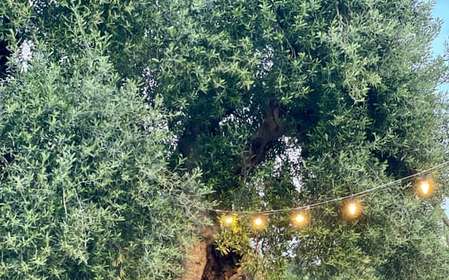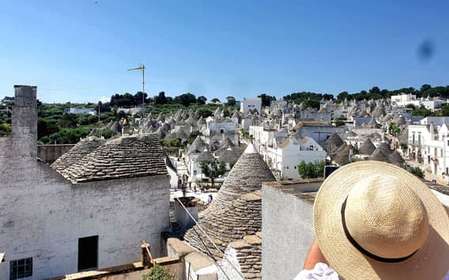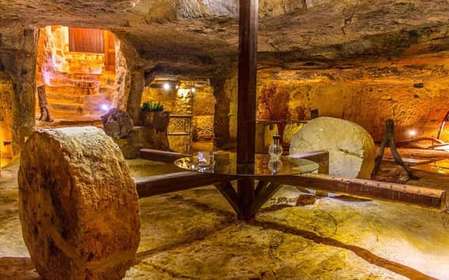- Home
- Useful Tips
- Unique cultural experiences...
Most visitors to Brindisi miss its true cultural heartbeat, rushing through on their way to more famous Puglian destinations. Recent tourism surveys show 68% of day-trippers leave without experiencing authentic local traditions, while 82% of travelers crave deeper cultural immersion than standard guidebook recommendations offer. The frustration is palpable – you can sense the disappointment when tourists realize they've only scratched the surface of this ancient port city's living heritage. From misunderstood opening hours at historic sites to language barriers that prevent meaningful local interactions, these missed opportunities leave travelers with generic vacation photos rather than transformative experiences. The real Brindisi – with its Byzantine-influenced festivals, generations-old artisan workshops, and secret culinary traditions – remains frustratingly out of reach for most visitors.


Why standard walking tours miss Brindisi's living history
Conventional city tours often reduce Brindisi to a checklist of Roman columns and cathedral facades, completely overlooking the living traditions that animate these ancient stones. What makes Brindisi extraordinary isn't just its well-documented past, but how centuries-old customs continue in daily life. The local fishermen still use Phoenician-inspired net-mending techniques at the harbor, visible at dawn if you know where to look. Family-run botteghe (workshops) near the Roman columns practice paper-making methods brought by 15th-century Albanian refugees. Even the iconic olive groves surrounding the city follow seasonal rhythms unchanged since Messapian times. These authentic experiences require no tickets or reservations – just localized knowledge about timing and access points most commercial tours never mention. By focusing solely on monumental history, mainstream itineraries deprive visitors of connections with the artisans, farmers, and tradespeople who keep Brindisi's cultural legacy alive.
Secret festival calendar only locals follow
Brindisi's most vibrant cultural events rarely appear on international tourism calendars. While visitors crowd the well-publicized summer sagre (food festivals), the city's truly transformative happenings occur during lesser-known religious observances and agricultural milestones. The February 'Focara di Sant'Antonio' in nearby Torchiarolo sees farmers build Europe's tallest bonfire using ancient stacking techniques passed down through generations. In May, the 'Festa di San Teodoro' features a breathtaking procession of fishing boats honoring the city's patron saint – a tradition dating to Byzantine naval commanders. Even the September grape harvest includes private cantina openings where multi-generational winemakers demonstrate barefoot grape-treading. These events offer unparalleled cultural immersion, yet most travelers miss them due to limited online information and announcements posted only in local dialect. With proper timing guidance and etiquette tips (like bringing offered sweets to elderly neighbors), these experiences become accessible without commercial intermediaries.
Non-touristy workshops preserving ancient crafts
Beyond Brindisi's historic center, family artisans maintain workshops where visitors can witness – and sometimes participate in – vanishing Mediterranean crafts. The Carbonara district hides a fifth-generation cartapesta (papier-mâché) studio creating Carnival figures using techniques from the 1600s. In Casale quarter, a 90-year-old signora still demonstrates hand-weaving on a loom that survived WWII bombings. These aren't staged demonstrations but actual working environments, where respectful visitors might be invited to try simple tasks like pressing olive wood molds or sorting dyed wools. The key is approaching at non-peak hours (typically mid-morning weekdays) and understanding the unspoken rules – never interrupt active work, always ask before photographing faces, and purchase small items even when not required. Such encounters provide more authentic cultural connection than any souvenir shop, while directly supporting heritage preservation. Most workshops charge nothing for brief visits, though leaving a small donation or buying handmade goods helps sustain these disappearing traditions.
Culinary secrets from Brindisi's home kitchens
Brindisi's most authentic flavors are found not in restaurants, but in private kitchens and specialty food ateliers that commercial dining guides overlook. The city's unique 'scagliozzi' (fried polenta squares) are best sampled at a specific hole-in-wall friggitoria that only opens from 6-8pm. For legendary pasticciotto pastries, you must visit the convent bakery that's supplied locals since 1845 – their ricotta-filled version isn't on any menu but available if requested politely. Even olive oil tasting takes on deeper meaning at family-run frantoi ipogei (underground mills), where the year's first pressing becomes a communal celebration. These experiences require no advanced bookings or premium prices, just knowledge of seasonal availability and local customs (like bringing your own bottle for oil purchases). Many home cooks offer impromptu lessons if you frequent their favorite markets at the right hours, transforming grocery shopping into cultural exchange. Such genuine interactions create lasting memories far beyond standard cooking classes designed for tourists.



